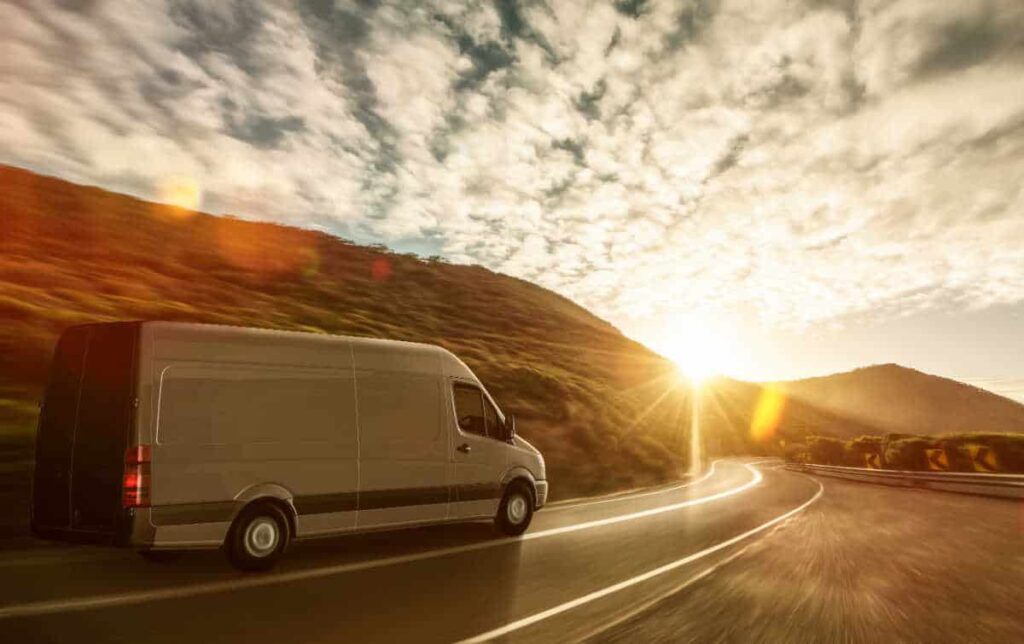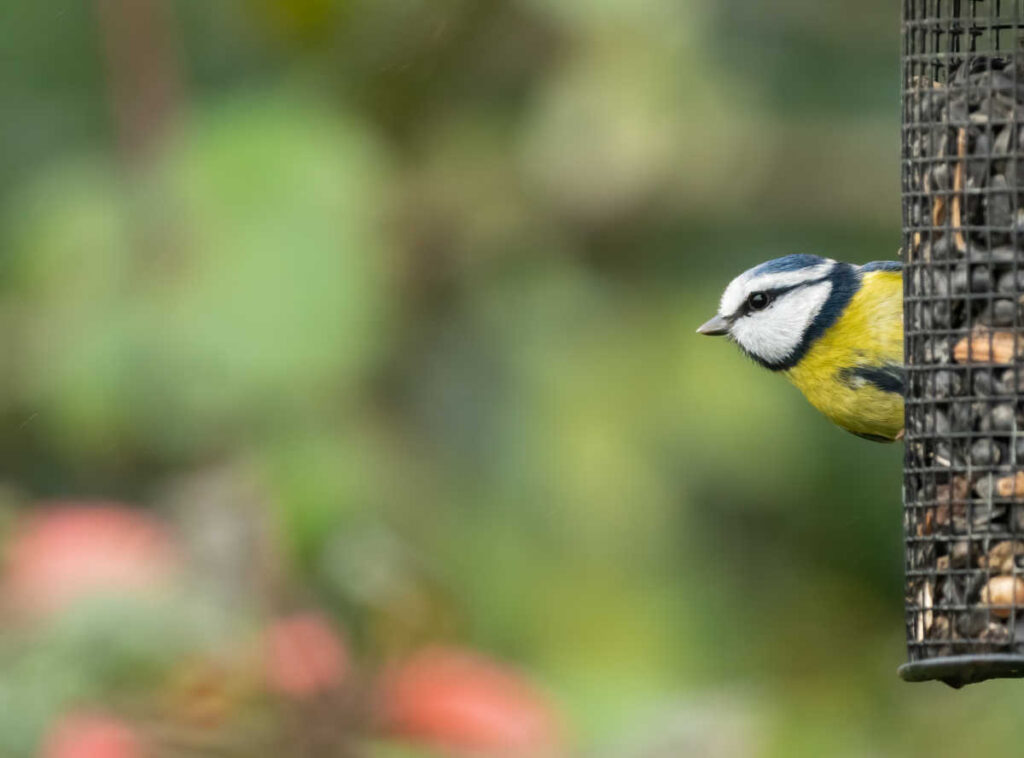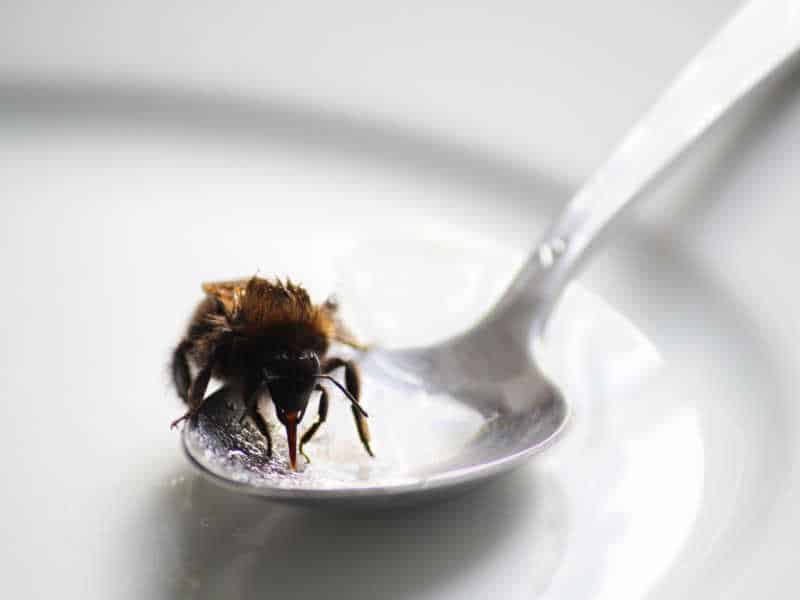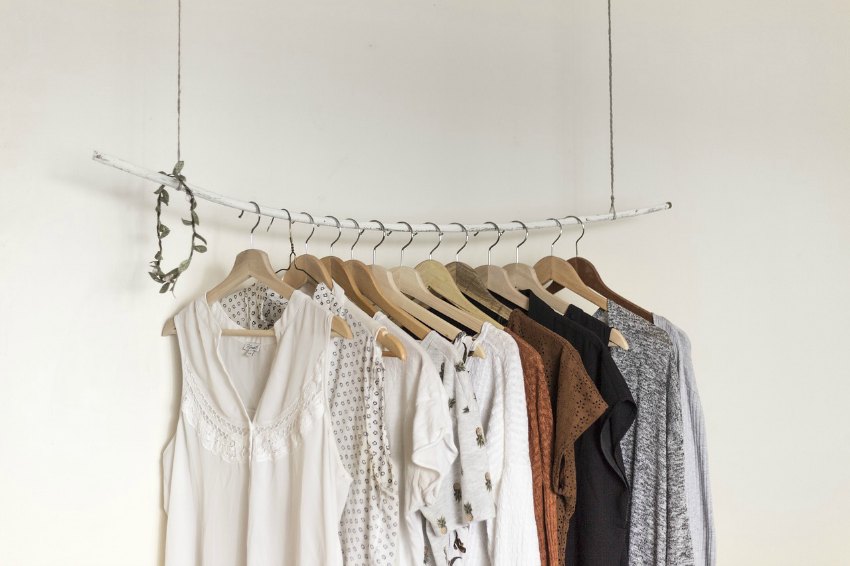Plastic-Free Toilet Paper – The UK Brands Reviewed
To support the running costs of Moral Fibres, this post contains affiliate links. This means Moral Fibres may earn a small commission, at no extra cost to readers, on items purchased through these links.
Looking for the best plastic-free toilet paper? I’ve rated some of the most popular brands in terms of eco-friendliness. Read on!
I get lots of emails a day. Lately, many of them seem to be on the topic of bums. Specifically, on which is the best plastic-free toilet paper for our bums and the environment.
I’ve got young kids, so I’m used to speaking about bums on a very regular, sometimes too regular basis. Frankly, it’s refreshing to be asked about the environmental credentials of toilet paper. I’d rather that than field such classic questions as “Mum, why do we fart” and “Mum, where does poo come from”.
When it comes to loo roll, there’s much more to think about than just how soft a roll is. There are in fact a whole host of environmental and social factors of toilet paper to consider. From what the paper is made of, to where it’s made, how it’s packaged, and how it got to your bathroom. To name but a few.
Over the past few years, my family and I have tried out heaps of different plastic-free toilet rolls. Let’s dive in and take a look at the environmental credentials of the various plastic-free toilet paper brands available in the UK.
Which Is The Best Plastic-Free Toilet Paper?
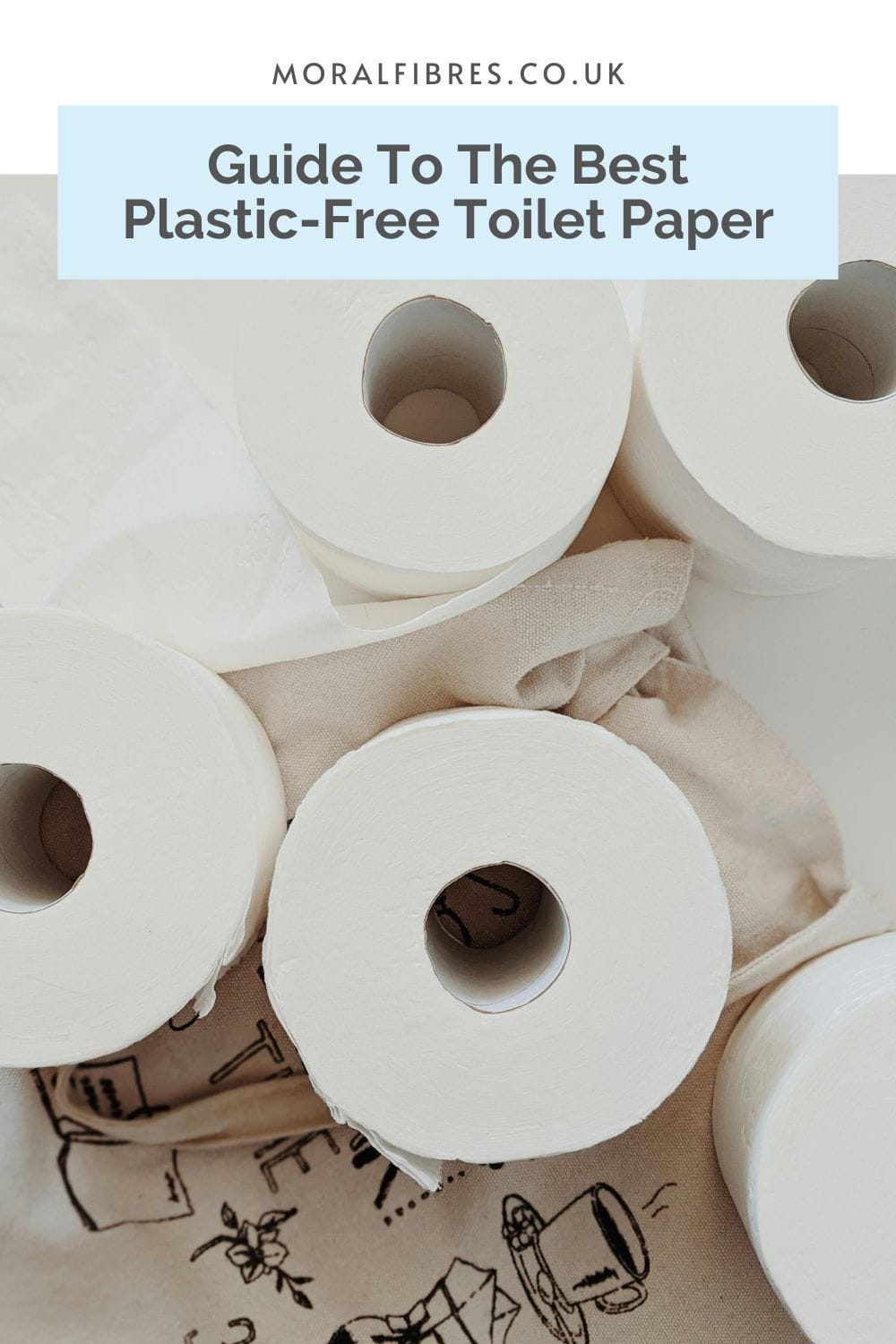
To help you find the best plastic-free toilet paper in the UK, I’ve tried and tested four different brands. I’ve looked at everything you need to know – from cost, to roll length, softness, and more, to help you find the best brand for you. Use the quick links to jump to information about each brand, or keep scrolling to read the full post:
Please note, the prices are correct as of January 2024.
Greencane
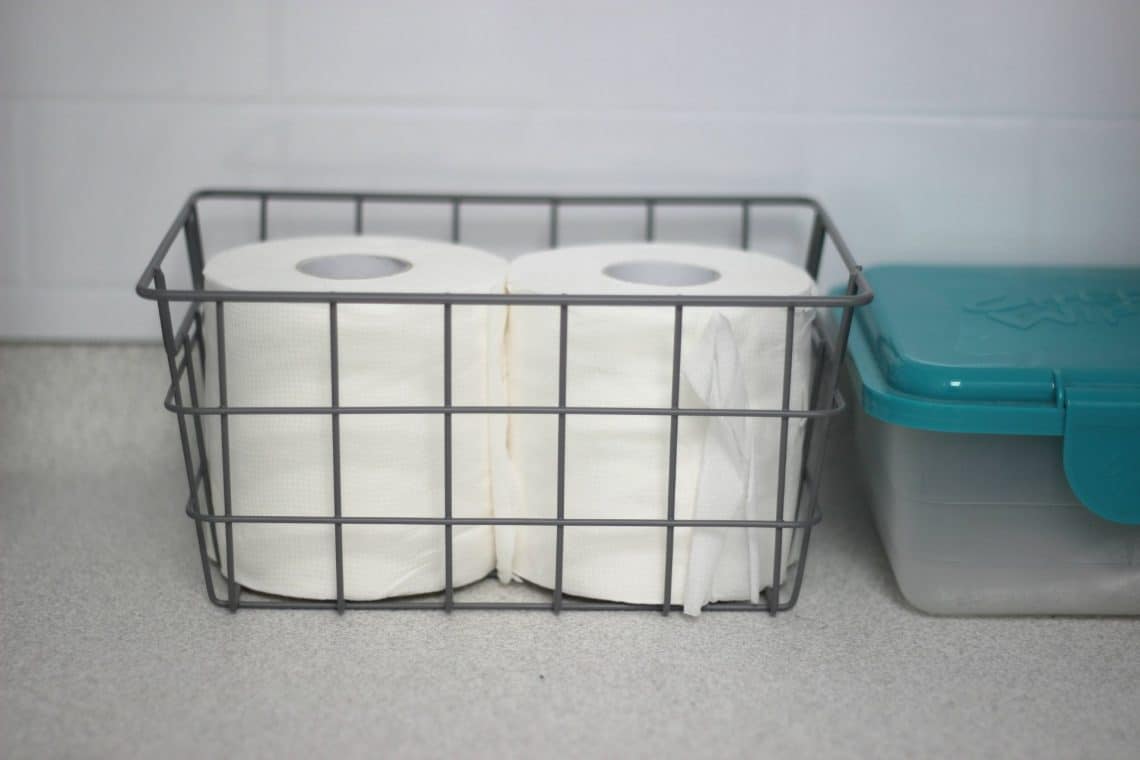
- Cost: £35.80 for a box of 48 rolls (75p per roll)
- UK shipping cost: £6
- Total cost (box plus shipping): £41.80 (87p per roll)
- Made from: Bamboo
- Roll size: 300 sheets per roll
- Ply: 2-ply
- Cost per 100 sheets: 25p excluding shipping / 29p including shipping
- Made in/ships from: Southern Asia
- Packaged in: Cardboard Box, rolls arrive ‘naked’
- FSC-Certified: No
- Chlorine-free: Yes
- Supports good causes: Not sure. Greencane sponsors an organisation called Restorative Forestry but it is not clear from the Restorative Foresty website what this organisation actually does.
- Available: direct from Greencane
Greencane was my very first foray into plastic-free toilet paper back in 2019. I ordered a box and was delighted when, a few days later, a box of 48 toilet rolls arrived unwrapped in a cardboard box. I loved the fact that the box was sealed with paper tape. The only plastic that I found was a small bit of plastic on the outside of the box containing the invoice.
The only thing I hadn’t accounted for was the fact that 48 toilet rolls would be arriving on my doorstep. Compared to the pack of 9 toilet rolls that I was buying beforehand, I hadn’t anticipated what 48 rolls would actually look like. As we have a small house with limited storage, we had to get a bit creative when it came to storage!
Greencane isn’t the softest toilet paper I’ve ever tried. It’s no 3-ply quilted luxury loo roll. But then again, it’s not scratchy. It feels a little thinner compared to other brands I’ve tried, but I’ve had no complaints from any of my family.
What’s Greencane Made Of?
Greencane toilet paper is made from 100% bamboo.
Greencane does bleach its toilet paper to make it white. However, Greencane does say that it doesn’t use chlorine in the bleaching process. Frustratingly, it doesn’t say what it uses in its place. Instead, Greencane ambiguously states “The key detail with our paper is that we do not use chlorine-based bleaches“.
How Long Does A Greencane Box Last?
As the rolls are longer, we were pleasantly surprised to find that – as a family of four – our box lasted around 4 months.
Wendy’s Rating
I would rate Greencane 6/10. I like that the rolls last a long time, and I love that the rolls are plastic-free and don’t come with any excess packaging. My family also had zero complaints about the softness or the ply. However, I don’t like that the rolls have to travel so far – adding to its carbon footprint – and that Greencane makes its toilet roll from virgin materials. I also have questions about the organisation that Greencane supports – the website is very opaque.
Serious Tissues
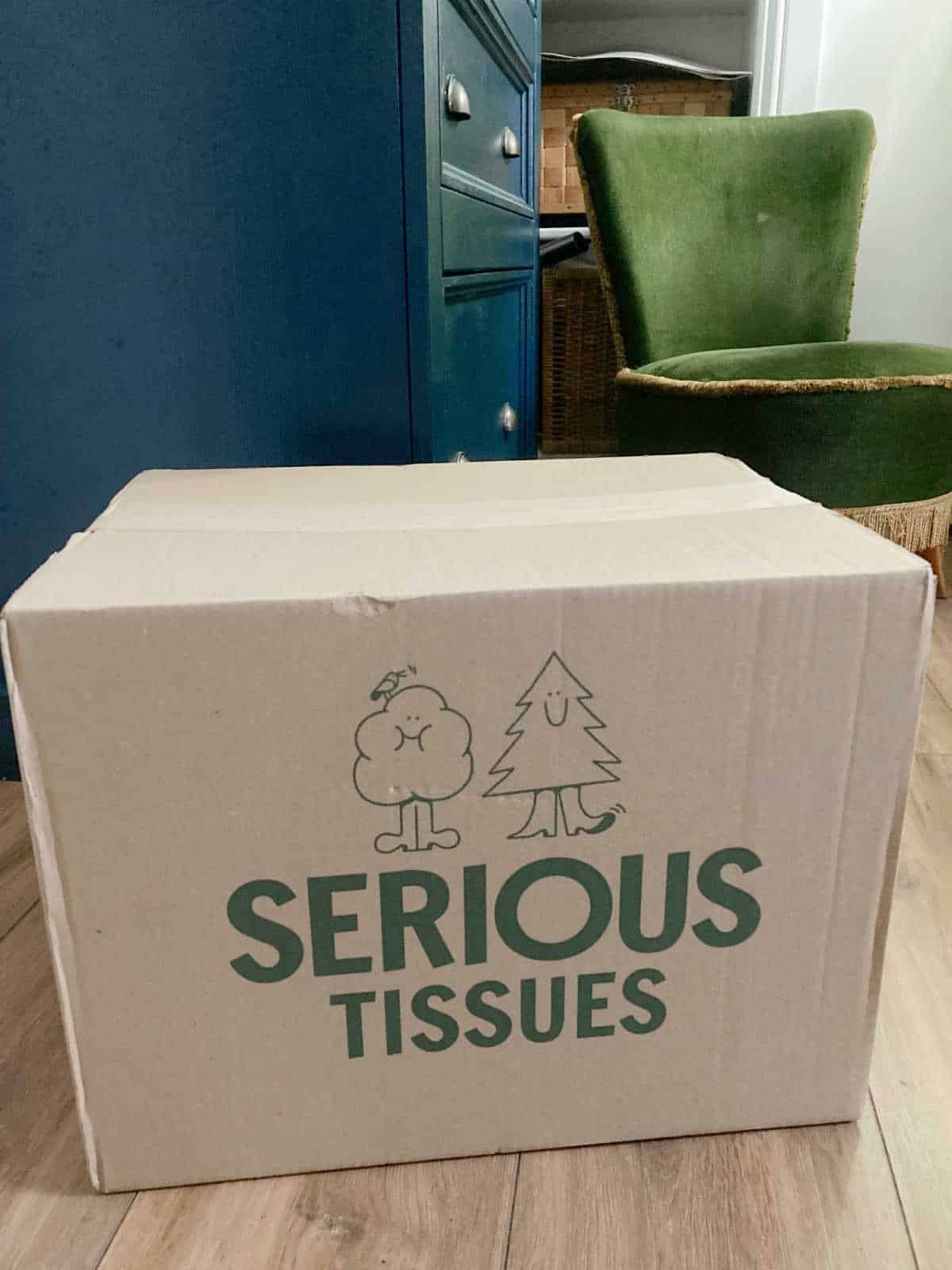
- Cost: £34.99 for a box of 36 rolls (97p per roll) / 10% discount if you set up a recurring subscription
- UK shipping cost: Free
- Total cost (box plus shipping): £34.99 (97p per roll)
- Made from: Recycled paper
- Roll size: 250 sheets per roll
- Ply: 2-ply
- Cost per 100 sheets: 39p
- Made in/ships from: The UK
- Packaged in: Cardboard Box, rolls arrive ‘naked’
- FSC-Certified: Yes
- Chlorine-free: Yes
- Supports good causes: Yes – Serious Tissues plants a tree for every box of plastic-free toilet paper sold.
- Available: direct from Serious Tissues.
We’ve been using Serious Tissues for quite a few years now, and I think it’s one of my favourite plastic-free brands. I set up a 3-monthly subscription (getting 10% off each order in the process), and so quarterly a box arrives in the post with zero plastic packaging. It’s all completely automated, so I don’t even have to remember to re-order: the toilet paper just arrives, which is a total blessing.
My family and I like using Serious Tissues. No one complains about the softness or quality – I personally think it’s one of the softer brands I’ve tried despite being just 2-ply. It doesn’t quite last as long as some other brands – there are fewer rolls in a box, and there are fewer sheets compared to other brands, but it is easier to store in a small space.
What Are Serious Tissues Made Of?
Serious Tissues are made in the UK from post-consumer use recycled paper. The waste paper comes from things such as magazines, newspapers, promotional materials, packaging, boxes and office documents. Serious Tissues uses a non-chlorine-based reducing agent to make its toilet roll white, however doesn’t say what alternative it uses.
How Long Does A Serious Tissues Box Last?
I’ve found that a box of 36 Serious Tissues lasts us – a family of four – around two months.
Wendy’s Rating
I’d rate Serious Tissues 9/10. The rolls are lovely and soft, yet strong, and get the thumbs up from all of us. I love that the rolls are made in the UK from recycled paper, don’t come with any excess packaging, and ship entirely plastic-free. It feels like a really low-impact toilet roll. Plus you plant a tree with every purchase, helping reforestation projects across the globe. I’ve been using them continuously for several years now and don’t have plans to stop any time soon.
Who Gives A Crap
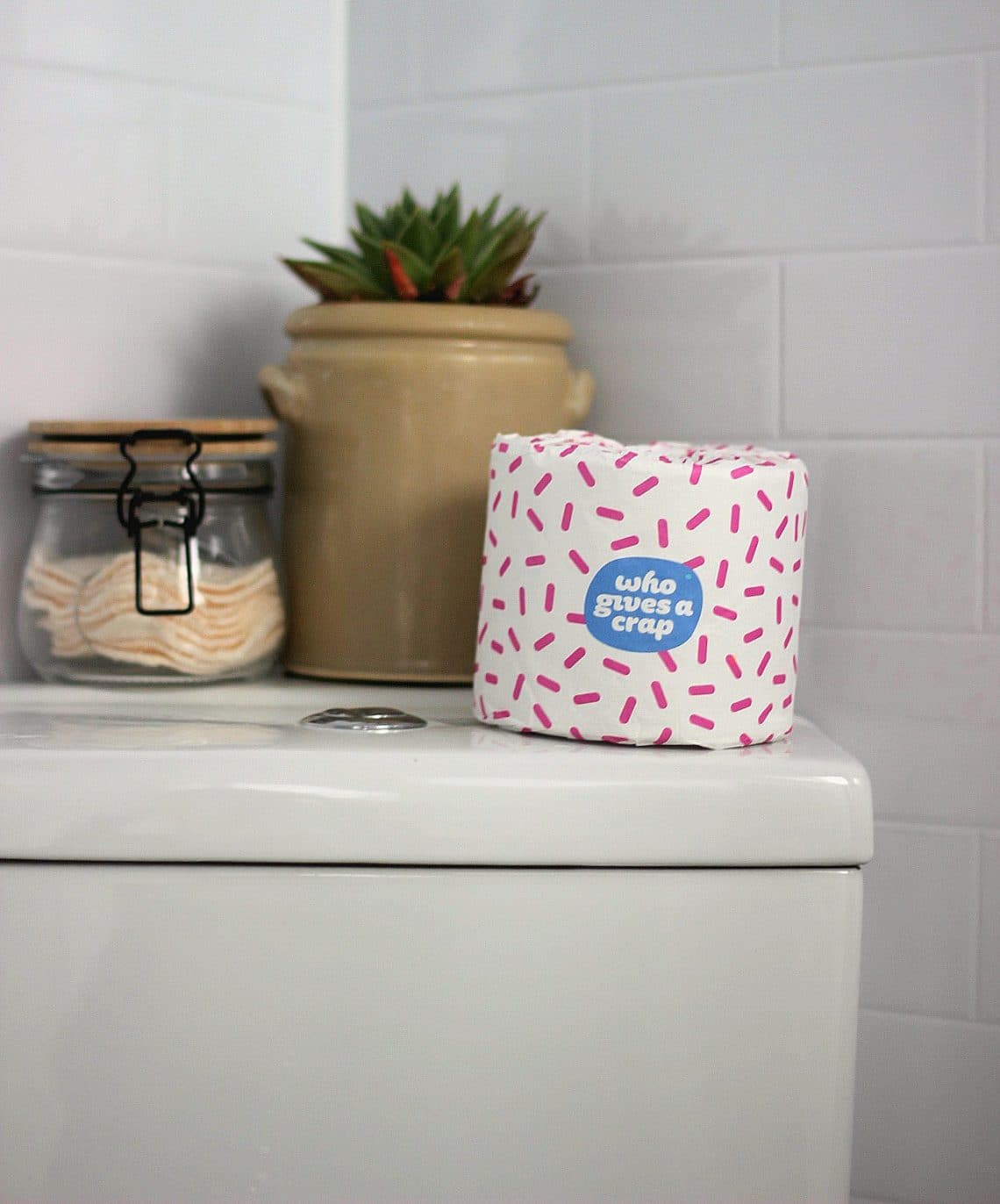
- Cost: £43.95 for a box of 48 rolls (92p per roll)
- UK shipping cost: £4.95 / Free on orders over £50
- Total cost (box plus shipping): £48.90 (£1.02 per roll)
- Made from: Recycled paper (bamboo options also available)
- Roll size: 400 sheets per roll
- Ply: 3-ply
- Cost per 100 sheets: 23p excluding shipping / 26p including shipping
- Made in/ships from: China
- Packaged in: Cardboard Box, rolls arrive individually wrapped in paper
- FSC-Certified: Yes
- Chlorine-free: Yes
- Supports good causes: Yes – Who Gives A Crap donates 50% of its profits to help build toilets for people who need them.
- Available: from Ethical Superstore.
For this review, I bought a couple of rolls in a zero-waste shop in Edinburgh. However, then my work started using Who Give A Crap, so I got to use the paper on a more regular basis, so I got to know it a bit better.
To be honest, I am not the biggest fan of Who Gives A Crap. I do deeply admire the charitable giving nature of Who Gives A Crap. And of course, I love the plastic-free element. What doesn’t sit well with me is the fact that each roll of toilet paper is individually wrapped. That’s a lot of unnecessary paper from one box of 48 toilet rolls.
The Problem With Excess Packaging
Paper, whilst plastic-free, isn’t environmentally neutral. A study a few years ago showed that a paper bag has to be reused four times before it’s more environmentally friendly (in terms of carbon emissions) than a plastic bag. Who Gives A Crap customers do say they reuse the paper wrappers to light their fires, or to wrap gifts sustainably. Yet getting four uses out of each toilet paper wrapper is likely to be a stretch.
Who Gives A Crap says that the individual wrappers are for both hygiene reasons and to keep the paper moisture-free. However, if Greencane and Serious Tissues can manage it – I’ve not noticed any problems in five years of using unwrapped loo rolls – then it feels a bit of a hollow excuse.
Is There More To It?
I had a feeling there was probably more to it, then I found the answer in the Who Gives A Crap FAQ:
“We think they look cute. They work wonders as an online product because they’re eye-catching and shareable. We know this because our customers are constantly sharing snaps of their deliveries on social media, and gifting rolls to friends. This is really important because the more people share what we’re doing, the more we can grow and the more toilet-building and sanitation projects we can fund! (plus, it’s cheaper than paid advertising)“.
So what they are saying is that individually wrapped rolls are a marketing and money-making decision, framed as a fundraising decision. Businesses, have to be profitable to be viable. However, I think other planet-friendly advertising options exist that don’t require every single roll to be individually wrapped in paper.
How Long Does A Box Of Who Give A Crap Last?
There is also the argument that because Who Gives A Crap’s plastic-free toilet paper is double-length, you need to buy a lot less. Its loo roll may have a reduced environmental impact in that sense.
As I haven’t purchased a full box before, I did a highly scientific poll on Instagram. Here I asked Moral Fibres followers who used Who Gives A Crap a) how big their family is and b) how long a box has lasted them.
I received a load of responses (thank you if you responded). On average a box lasted a family of four around 5-6 months.
What About The Quality?
In terms of quality, I didn’t notice a huge difference between Who Gives A Crap 3-ply paper, compared to the others, which are all 2-ply. The paper didn’t feel any softer or harder than the others either.
Wendy’s Rating
I would rate Who Gives A Crap 5/10. The toilet roll may be longer, so you have to buy less. However, I dislike how far its products have to travel to get here – even the recycled paper option is made in China. Something else I really dislike is how each toilet roll is individually wrapped. It seems like such a wasteful approach. I do like the charitable aspect though. However, it’s important to remember that you can cut the middleman. You can donate directly to clean water charities such as Water Aid so that they get 100% of your donation.
Ecoleaf
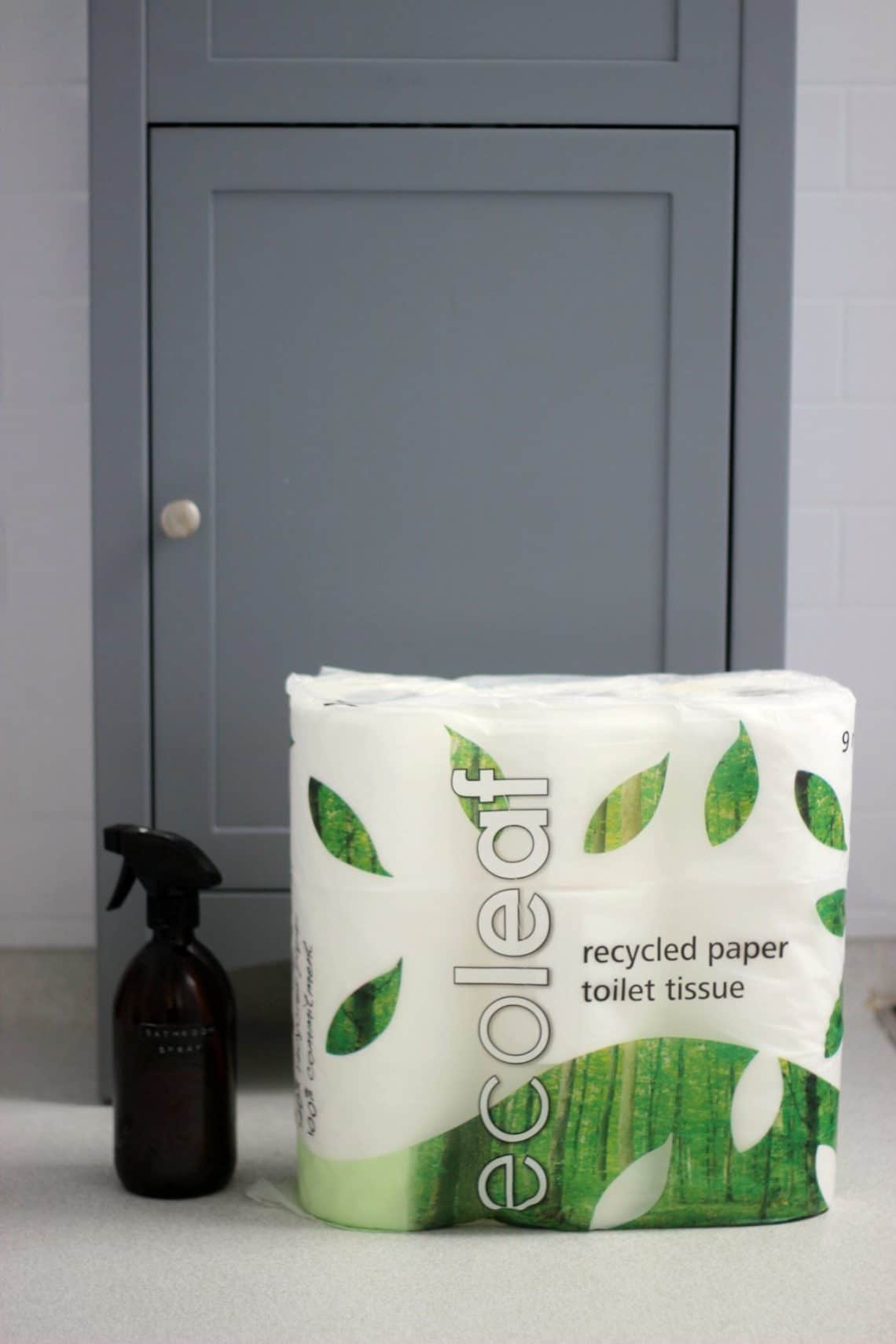
- Cost: £7.35 for a pack of 9 rolls (82p per roll)
- UK shipping cost: £4.95 / Free on orders over £50
- Total cost (pack plus shipping): £12.30 (£1.37 per roll)
- Made from: Recycled paper
- Roll size: 240 sheets per roll
- Ply: 2-ply
- Cost per 100 sheets: 34p excluding shipping / 57p including shipping
- Made in/ships from: The UK
- Packaged in: Recycled paper
- FSC-Certified: No
- Chlorine-free: Yes
- Supports good causes: Yes – Who Gives A Crap donates 50% of its profits to help build toilets for people who need them.
- Available: from Ethical Superstore.
Ecoleaf toilet paper is made in the UK from 100% recycled fibre sourced exclusively from the UK. Suma, the worker’s cooperative that produces Ecoleaf, has a long history of ethical trading. Impressively, Suma also has an equal pay policy for workers.
I’ve tried this toilet paper out, and find it neither super soft nor scratchy. There were zero complaints from my family, but it worked out too expensive for us to keep using it so I didn’t return to it after the initial pack I bought ran out.
What’s EcoLeaf Packaged In?
I tried out EcoLeaf back in 2019, when it came packaged in a compostable bag made from a material called PLA (see my post on what PLA is for more info). Hence why my photo shows the loo roll in a bag. However, The bag wasn’t home-compostable, so in response to this Suma now packages the toilet roll in recycled paper that’s fully recyclable at home.
As well as a pack of 9, you can buy Ecoleaf toilet paper in a better-value pack of 12. However, this comes in a plastic bag. H
What’s EcoLeaf Made Of?
EcoLeaf is made in the UK solely from recycled paper. Suma says it is bleach-free and free from dioxins and organochlorine.
How Long Does A Pack Of EcoLeaf Last?
One pack of EcoLeaf toilet paper lasted my family of four around two weeks.
Wendy’s Rating
I’d rate EcoLeaf 7/10. I love that it’s made in the UK from recycled paper, and I love that Suma has switched to wrapping the loo roll in recycled paper rather than the industrially compostable bag. I did feel it was a lot more expensive compared to other options though, so it wasn’t something I thought was feasible for our household. If I could buy it locally, it would work out considerably cheaper, but it’s not something I can often find in my local shops.
Need A Side-By-Side Comparison?
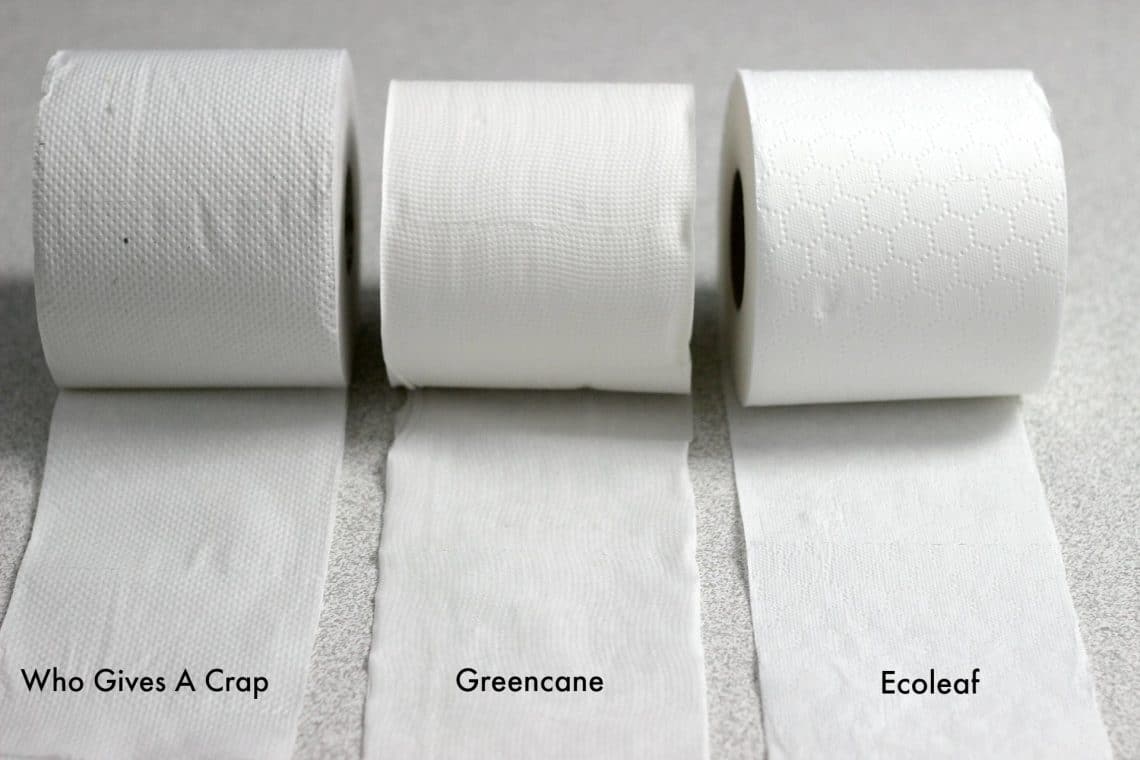
Here’s a side-by-side comparison shot of Who Gives A Crap, Greencane and Ecoleaf so you can do a visual comparison. I hope to be able to update this to add in Serious Tissues – I’ll see what I can do!
Other Plastic-Free Toilet Paper Options
If none of these options sounds particularly environmentally friendly to you then there is the reusable route. Sometimes this is ‘delightfully’ known as ‘the family cloth‘. It’s not an option I’ve ever been able to convince my family to get on board with, but perhaps you might have better luck!
Alternatively, you could install a bidet. It may not be for everyone, but bidets dramatically reduce your environmental impact by minimising paper usage. Additionally, the water used in bidets is substantially less than what’s required for paper production.
Have you found other types of plastic-free toilet paper that you like? Or do you use family cloth or a bidet? I have to admit, I’m quite some way off introducing my family to either of these concepts…!
Found this post useful? Please consider buying me a virtual coffee to help support the site’s running costs.

